Assessment of Aircraft Formation Flight Safety via High-Fidelity Vortex Particle-Mesh Simulations
Please login to view abstract download link
Vortex particle methods have been used under many different forms to simulate advection-dominated flows with great success. These methods have matured to, among others, the present Vortex Particle-Mesh (VPM) method, which relies on a dual discretisation of the flow quantities with particles, used to perform advection, and a Cartesian mesh for the computation of differential operators using finite differences and the use of fast FFT-based Poisson Solvers. The current method has been developed to run on massively parallel infrastructures, utilising hundredths of CPU cores in a distributed memory framework. In the context of GEESE [1], an EU-funded project led by Airbus, the VPM method is used to perform state-of-the-art simulations of the wakes of two aircraft flying in formation. By using combined space and time simulations and thanks to the conservation properties of the VPM method, these wakes can be simulated over very long distances whilst accurately capturing the interactions between the leader’s wake and the follower’s dynamics. The evolution of wake quantities such as the rolling moment coefficient and the positions and circulations of the vortices are computed to quantify the severity of these wakes behind the formation. These vortical structures are very sensitive to atmospheric conditions like ambient turbulence and stratification, the relative weights but also the relative positions of the two aircraft [2]. In this work, simulations of pairs of aircraft are performed in various conditions with the goal of constructing a safety case for the use of formation flight in commercial aviation. The present research benefited from computational resources made available on Lucia, the Tier-1 supercomputer of the Walloon Region, infrastructure funded by the Walloon Region under the grant agreement n°1910247.

